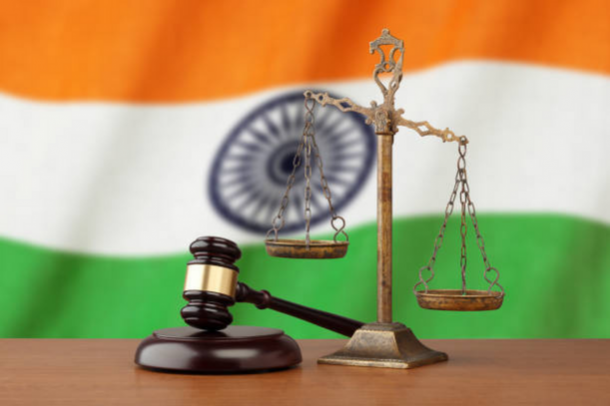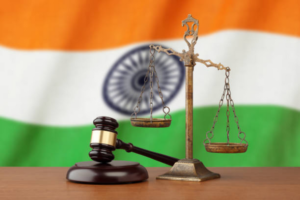Spinal Muscular Atrophy (SMA) is a rare genetic disorder that causes progressive muscle weakness and wasting, impacting voluntary muscle movement. India sees 3,000 to 4,000 new SMA cases annually, given its birth rate of 25-27 million per year.
Evrysdi (Risdiplam), developed by Roche, is a breakthrough oral therapy for SMA. It was approved in India in October 2020 and launched in July 2021. Roche holds Indian Patent No. 334397 (IN’397), a species patent for Risdiplam, expiring May 11, 2035.
However, Risdiplam is exorbitantly priced in India at ₹6.2 lakh per bottle, leading to an annual treatment cost of ₹72 lakh. Patients below 20 kg need one bottle per month, while heavier patients may require up to three bottles per month, making long-term treatment financially unsustainable.
Legal Battle: Roche vs. Natco
Roche filed an interim injunction suit in the Delhi High Court against Natco Pharma, alleging patent infringement. Roche argued that Natco was preparing to commercially manufacture Risdiplam, violating IN’397.
Natco’s Defense & Counterarguments
Natco challenged Roche’s patent validity, claiming:
- Evergreening: Risdiplam was already covered in Roche’s earlier international patent (WO 2013/119916 / US 9,586,955), which is a genus patent.
- Patent Term Extension (PTE): Roche itself sought a PTE for the genus patent in the US, implying that Risdiplam was disclosed in the genus patent.
- Public Interest: The drug’s high cost makes it inaccessible to most patients in India, creating an urgent need for affordable alternatives.
Court’s Ruling
On March 24, 2025, the Delhi High Court denied Roche’s request for an interim injunction, allowing Natco to manufacture and sell Risdiplam.
Key reasons for the ruling:
- Credible Challenge to Validity: The court noted that Natco raised substantial questions regarding Risdiplam’s novelty and inventive step.
- Anticipation by Prior Publication [Sec. 64(1)(e)]: Roche’s earlier patents implicitly covered Risdiplam.
- Obviousness [Sec. 64(1)(f)]: The court found Risdiplam’s invention was predictable from existing knowledge.
- Misrepresentation [Sec. 64(1)(j)]: Roche had claimed different positions in global jurisdictions, weakening its stance.
- Public Interest: Given SMA’s debilitating nature, affordability is a major concern. The court observed:
“The approved drug, i.e., Risdiplam (Evrysdi), is not available at reasonably affordable prices in India. If a party can manufacture and make the drug available at an affordable price, public interest outweighs the need for an injunction.”
Significance & Broader Implications
- First-of-its-Kind Ruling: This case reinforces that public interest can override patent rights in life-saving treatments.
- Impact on SMA Patients: Denying an injunction ensures broader access to treatment. Roche can still seek damages if it wins later.
- Potential Appeal: Roche may challenge the decision in higher courts.
It appears the matter has already reached the Division Bench and Natco has given an undertaking to NOT launch the product till next date of hearing (02/April)
Related Legal Developments
- The Supreme Court of India recently stayed a Kerala High Court ruling directing the government to fund SMA treatment under the Right to Health.
- The Court suggested alternative funding sources, including negotiations with manufacturers to lower treatment costs.
Conclusion
This case is a landmark decision in India’s patent landscape, balancing patent rights with patient access. It signals that pharma patents won’t hold if affordability becomes a major concern, setting a precedent for future drug pricing and access debates.
The Details of Court Decision: Roche_Vs_Natco -Another Genus-Species battle 25.3.25



